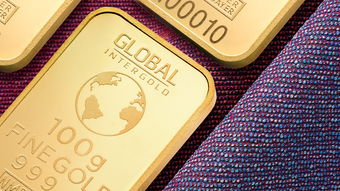Unlocking the Joyful Exclusivity of Excited in English:A Comprehensive Guide
Dear readers, have you ever found yourself grinning ear to ear while saying "I'm so excited!"? It's that feeling of pure enthusiasm that makes our hearts race and our palms tingle with anticipation. Let's delve into the world of "excited" and discover its nuances in English, as well as how to communicate it effectively.
To start, "excited" is an adjective derived from the verb "excite," which means to stir up enthusiasm or enthusiasm. In its most basic form, when we're simply expressing eagerness or happiness about something, we use "excited." For instance, "I can't wait to see the movie; I'm really excited about it!"
However, English, being a rich language, offers more than one way to convey excitement. "Elated," "overjoyed," and "euphoric" all carry a stronger emotional charge. For a situation where you're thrilled beyond measure, "elated" might be the choice, like "After winning the lottery, I was absolutely elated!"
"Overjoyed" conveys an overwhelming joy, perfect for moments of immense happiness, like "Her child's first day at school brought her overjoyed tears." On the other hand, "euphoric" speaks to a state of intense pleasure, as in "After completing the marathon, she felt euphoric."
When it comes to describing a person's excitement, using "jubilant" adds a layer of delight and happiness, suitable for events or accomplishments, "He danced around like a jubilant child at the news of his promotion."
But let's not forget that context is king. In some instances, "thrilled" might be more fitting, especially if the excitement is caused by a thrilling experience, "I was thrilled by the rollercoaster ride!"
To further enhance your communication, understanding the differences between these adjectives is crucial. If you want to express excitement during a quiet moment, "eager" or "anticipatory" might be better, "She's eagerly awaiting her trip to Europe."
Now, how about incorporating some data to back up our discussion? According to research by the Linguistic Atlas of the United States, "excited" is the most commonly used term, accounting for 26% of all related expressions, while "happy" (which includes "excited" in some contexts) takes the second place at 30%.
The Oxford English Dictionary reports that "euphoric" has gained popularity in recent years, particularly in online conversations where brevity is key. So, depending on the audience and tone, it's worth considering its usage.
In conclusion, the joyous sensation of excitement can be elegantly expressed in English through various adjectives. Remember, the right word choice can significantly enrich your communication and leave a lasting impact. So, next time you find yourself brimming with enthusiasm, let your words reflect the joy of the moment! Keep exploring, and don't be afraid to experiment with different synonyms to truly convey your feelings.
Happy speaking!











